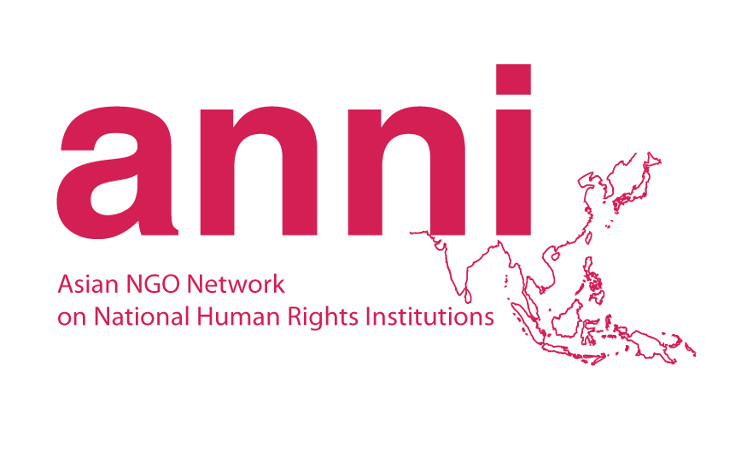
Nepal: Amendment Bill of National Human Rights Commission Act will weaken the National Human Rights Commission of Nepal
(Kathmandu/Bangkok, 24 May 2019) – The Asian NGO Network on National Human Rights Institutions (ANNI) expresses its deep concern over a proposed bill to amend the National Human Rights Commission Act 2012 (NHRC Act 2012). The Government of Nepal has forwarded the bill to Parliament for registration.[1] The proposed amendments will undermine the independence and effectiveness of the National Human Rights Commission of Nepal (NHRCN) to implement its mandate in the promotion and protection of human rights.
In March 2019, the NHRCN was re-accredited to ‘A’ status by the Global Alliance of National Human Rights Institutions’ Sub Committee on Accreditation (GANHRI-SCA). This status is in recognition of the continuing efforts of the NHRCN to implement its mandate, including by advocating for amendments to the NHRC Act 2012 for it to be in line with the Paris Principles.[2] However, the amendments suggested by the NHRCN were disregarded, and instead the Government has drafted a bill without any prior consultation with the NHRCN and concerned stakeholders, including civil society.
Rather than making it more in line with the requirements of the Paris Principles,[3] the amendment bill contains a number of issues which could curtail the protection mandate and independence of the NHRCN.
The amendment bill will make it mandatory for the NHRCN to recommend its investigated cases to the Attorney-General. The Attorney-General would have discretionary power in filing cases, and it may request the NHRCN to further investigate or provide more evidence before registering a case. This is a serious concern as it would disempower the Commission’s protection mandate and potentially enhance a culture of impunity within the country.
According to Article 18 of the proposed bill, the NHRCN would require consent from the Finance Ministry to accept additional financial resources for it to carry out human rights related activities. Such requirement may pose a threat to the independence of the Commission, as it provides room for the Government to interfere in the financial autonomy of the NHRCN.
Moreover, the amendment bill has dismissed Article 26 (B) of NHRC Act 2012, which provides the legal basis for the creation of the regional and sub-regional offices of NHRCN. It will reduce the NHRCN’s resources and hinder the implementation of the Commission’s mandate in the country.
As stipulated in the Belgrade Principles on the Relationship between National Human Rights Institutions (NHRIs) and Parliaments, [4] the Parliament should scrutinise the proposed amendments to the founding law of a NHRI with a view to ensure the independence and effective functioning of the Institution. ANNI calls on the Parliament to reject the amendment bill and ensure its revision so that it does not contravene with the Constitution of Nepal, the Supreme Court’s decision and the Paris Principles.
About the Asian NGOs Network on National Human Rights Institutions (ANNI):
The Asian NGOs Network on National Human Rights Institutions (ANNI) was established in December 2006. It is a network of Asian non-governmental organisations and human rights defenders working on issues related to National Human Rights Institutions (NHRIs). ANNI has members that are national organisations from all over Asia. ANNI currently has 33 member organisations from 21 countries or territories. The work of ANNI members focuses on strengthening the work and functioning of Asian NHRIs to better promote and protect human rights as well as to advocate for the improved compliance of Asian NHRIs with international standards, including the Paris Principles and General Observations of the Sub-Committee on Accreditation (SCA) of the Global Alliance of NHRIs (GANHRI).
For further information, please contact:
– [email protected], ANNI’s Secretariat
[1] https://thehimalayantimes.com/nepal/bid-to-render-national-rights-body-toothless/
[2] https://nhri.ohchr.org/EN/AboutUs/GANHRIAccreditation/Documents/SCA%20Report%20March%202019%20-%20EN%20.pdf
[3] https://documents-dds-ny.un.org/doc/UNDOC/GEN/N94/116/24/PDF/N9411624.pdf?OpenElement
[4] https://forum-asia.org/uploads/wp/2017/01/Belgrade-Principles-Final.pdf
***
For a PDF version of this statement, click here




